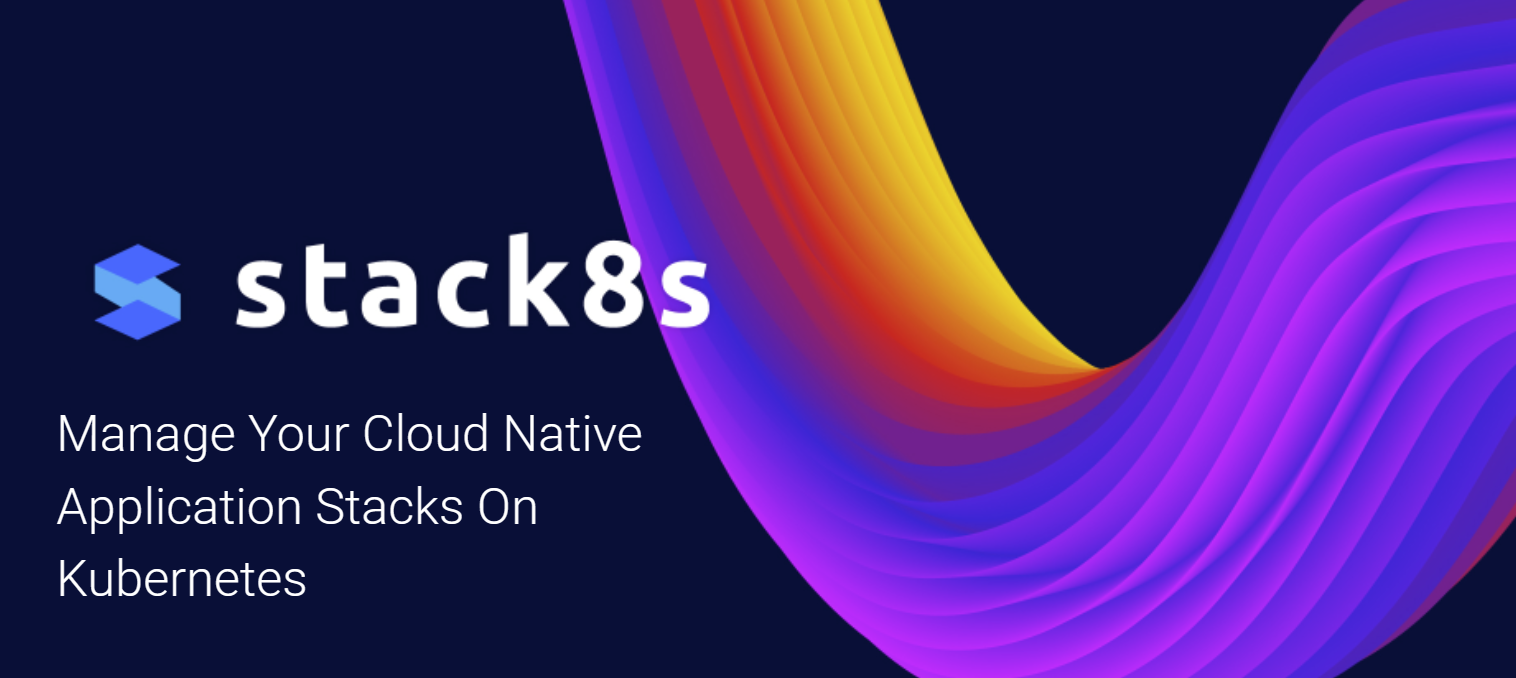Cloud computing has revolutionized the way businesses operate, offering flexibility, scalability, and cost-effectiveness. However, as companies dive deeper into the cloud, they often face a looming challenge: vendor lock-in. Kubernetes, a powerful container orchestration platform, has emerged as a game-changer in this arena. In this post, we will explore how Kubernetes addresses vendor lock-in, ensuring businesses remain agile in a multi-cloud world.
Understanding Vendor Lock-in
Before we delve into the Kubernetes solution, let's define the problem.
Vendor lock-in happens when a company becomes overly dependent on a single cloud provider's infrastructure, tools, and services. Moving away from that vendor becomes difficult and expensive due to:
- Proprietary technologies and APIs
- Unique configurations and setups
- Data migration challenges
- Contractual and financial constraints
Enter Kubernetes
Kubernetes, originally developed by Google, is an open-source container orchestration platform. Here's how it tackles vendor lock-in:
1. Containerization
Containers encapsulate an application and its dependencies into a 'container', ensuring that it runs consistently across different computing environments. This means that whether you're running your application on AWS, Azure, GCP, or even on-premise, the application behaves the same way.
A containerized application on Kubernetes in one cloud provider is portable to another with minimal changes.
2. Standardized Infrastructure Management
Kubernetes provides a unified API and a consistent set of primitives (like Pods, Services, and Volumes). Regardless of where Kubernetes runs, you interact with it the same way.
3. Extensibility and Flexibility
Kubernetes offers a plug-and-play architecture. Cloud providers offer their own plugins for storage, networking, and logging, which can be swapped out as needed. This ensures that while you might use cloud-specific services, you're not tightly bound to them.
4. Multi-cloud and Hybrid Cloud Ready
Kubernetes supports multi-cloud and hybrid cloud deployments natively. Companies can deploy their applications on multiple cloud providers or maintain a balance between on-premise and cloud, all managed under a single Kubernetes umbrella.
5. Thriving Community and Ecosystem
Being open-source, Kubernetes enjoys vast community support. This ensures continuous innovation and also the development of tools that further reduce vendor-specific dependencies.
Real-World Scenarios
Companies globally are leveraging Kubernetes to avoid vendor lock-in:
Migration Between Clouds: A business using GCP can easily migrate its applications to Azure or AWS without a major overhaul of its deployment configurations.
Negotiating Power: Since migration becomes less daunting, companies can negotiate better pricing terms with cloud providers.
Risk Mitigation: Businesses can spread their applications across providers, reducing the risks associated with outages or disruptions in a particular cloud.
Conclusion
In the dynamic world of cloud computing, vendor lock-in can stifle innovation and flexibility. Kubernetes, with its container orchestration capabilities, offers a beacon of hope, ensuring that businesses can remain agile and not be tied down to a single provider. As cloud-native development continues to grow, Kubernetes will play an even more vital role in shaping a future where businesses can harness the best of every cloud.

stack8s.ai
Learn more about how stack8s.ai can help you avoid vendor lockin and save $$$. Hybrid and MultiCloud deployments at your figertips. Get in touch to collaborate.
